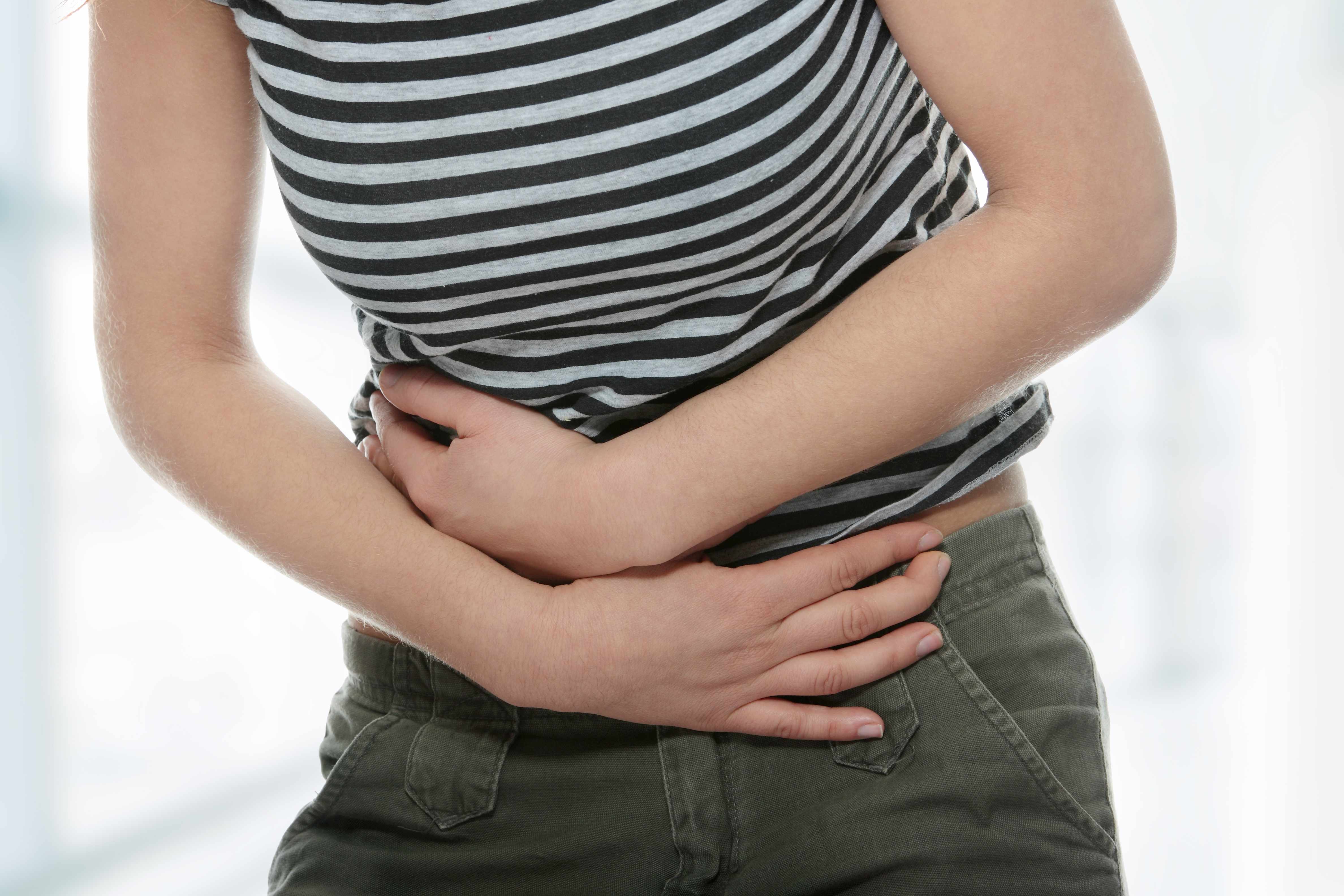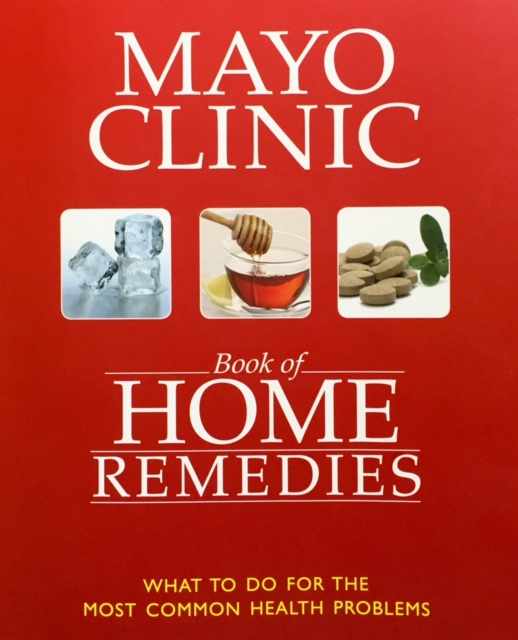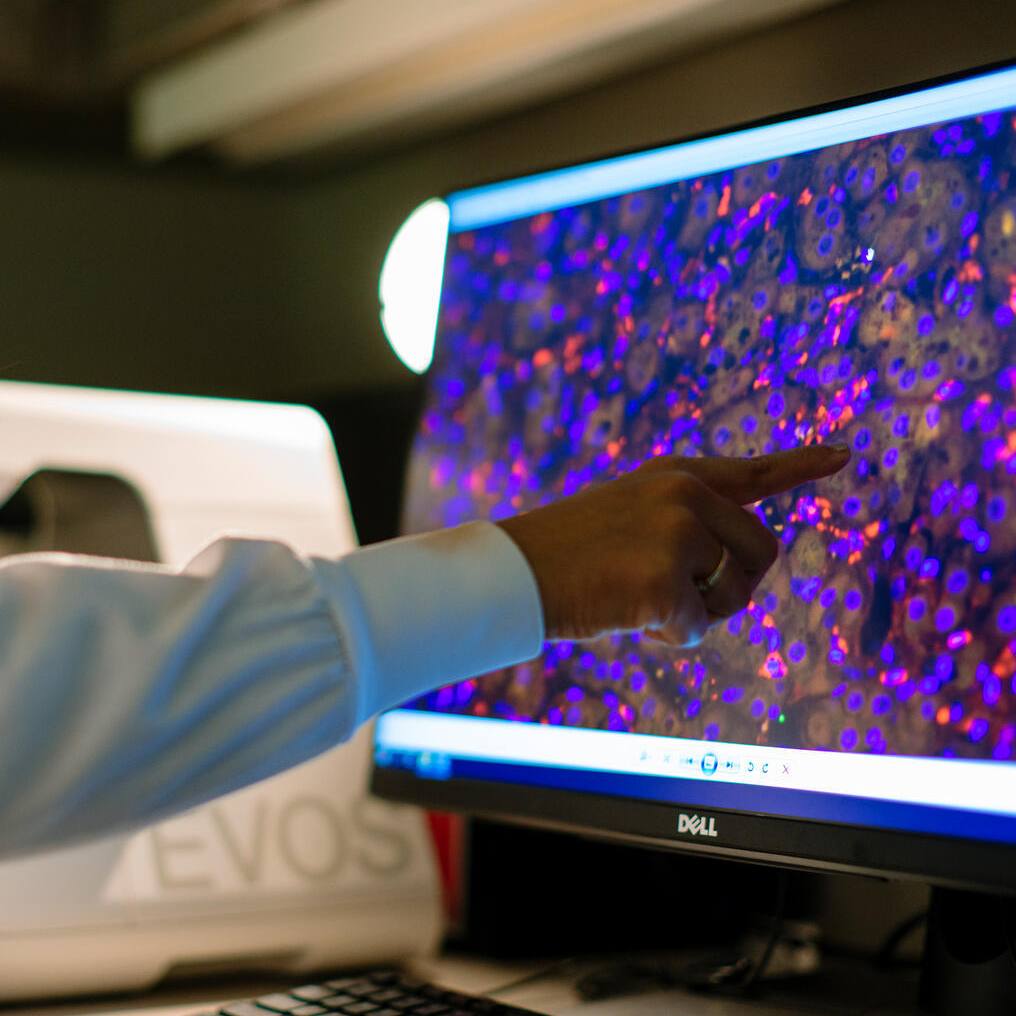-
How is irritable bowel syndrome treated?

From eating fiber-filled foods to exercising more, making some simple changes can help ease irritable bowel syndrome. Although your body may not respond immediately to these changes, your goal is to find long-term, not temporary, solutions:
- Experiment with fiber. When you have irritable bowel syndrome, fiber can be a mixed blessing. Although it helps reduce constipation, it can also make gas and cramping worse. The best approach is to slowly increase the amount of fiber in your diet over a period of weeks. Examples of foods that contain fiber are whole grains, fruits, vegetables and beans. If your signs and symptoms remain the same or worse, tell your doctor. You may also want to talk to a dietitian.Some people do better limiting dietary fiber and instead take a fiber supplement that causes less gas and bloating. If you take a fiber supplement, such as Metamucil or Citrucel, be sure to introduce it slowly and drink plenty of water every day to reduce gas, bloating and constipation. If you find that taking fiber helps your IBS, use it on a regular basis for best results.

- Avoid problem foods. If certain foods make your signs and symptoms worse, don't eat them. These may include alcohol, chocolate, caffeinated beverages such as coffee and sodas, medications that contain caffeine, dairy products, and sugar-free sweeteners such as sorbitol or mannitol.If gas is a problem for you, foods that might make symptoms worse include beans, cabbage, cauliflower and broccoli. Fatty foods also may be a problem for some people. Chewing gum or drinking through a straw can lead to swallowing air, causing more gas.
- Eat at regular times. Don't skip meals, and try to eat about the same time each day to help regulate bowel function. If you have diarrhea, you may find that eating small, frequent meals makes you feel better. But if you're constipated, eating larger amounts of high-fiber foods may help move food through your intestines.
- Take care with dairy products. If you're lactose intolerant, try substituting yogurt for milk. Or use an enzyme product to help break down lactose. Consuming small amounts of milk products or combining them with other foods also may help. In some cases, though, you may need to stop eating dairy foods completely. If so, be sure to get enough protein, calcium and B vitamins from other sources.
- Drink plenty of liquids. Try to drink plenty of fluids every day. Water is best. Alcohol and beverages that contain caffeine stimulate your intestines and can make diarrhea worse, and carbonated drinks can produce gas.
- Exercise regularly. Exercise helps relieve depression and stress, stimulates normal contractions of your intestines, and can help you feel better about yourself. If you've been inactive, start slowly and gradually increase the amount of time you exercise. If you have other medical problems, check with your doctor before starting an exercise program.
- Use anti-diarrheal medications and laxatives with caution.If you try over-the-counter anti-diarrheal medications, such as Imodium or Kaopectate, use the lowest dose that helps. Imodium may be helpful if taken 20 to 30 minutes before eating, especially if you know that the food planned for your meal is likely to cause diarrhea.In the long run, these medications can cause problems if you don't use them correctly. The same is true of laxatives. If you have any questions about them, check with your doctor or pharmacist.
Read more about self-management for irritable bowel syndrome.
The Mayo Clinic Book of Home Remedies provides answers you need to take care of common health problems on your own. This reference covers 120 of today’s common health problems in an easy-to-follow A-to-Z format. Learn what you can do for yourself and when to seek medical attention.








